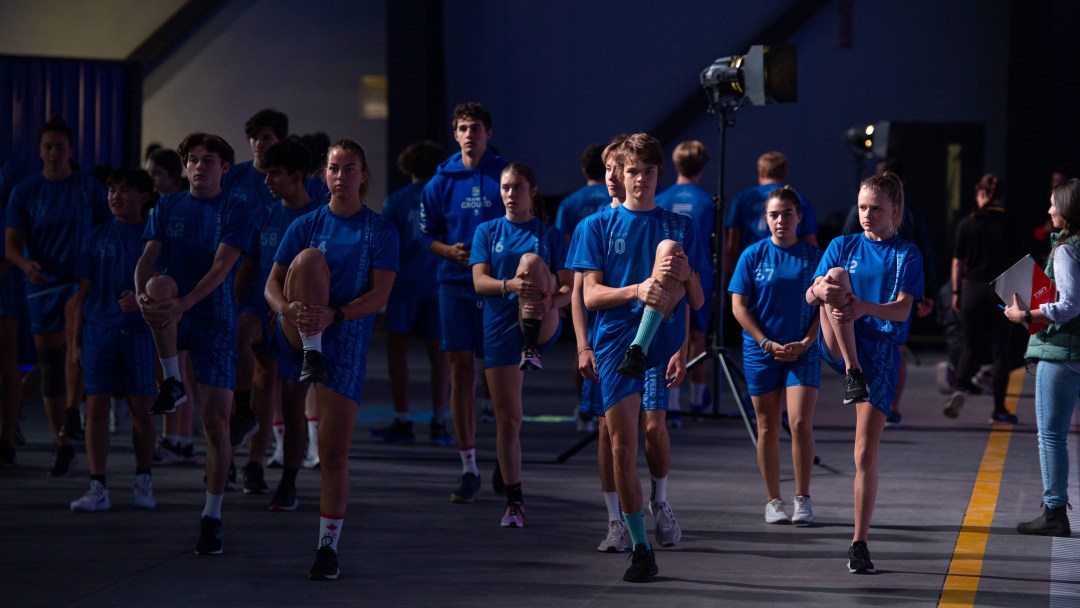RBC Training Ground: Finding Canada’s next generation of Olympians
What do Canadian Olympic medallists Marion Thénault, Miha Fontaine, Ryan Sommer, Avalon Wasteneys, Jerome Blake, Lauriane Genest and Kelsey Mitchell have in common? These athletes compete in a variety of sports, not even all in the same season. But all seven of these athletes share a common starting point of their Olympic journeys–RBC Training Ground.
RBC Training Ground is a national program that identifies and supports young Canadian Olympic hopefuls. Since the program launched in 2016, 13 of the program’s alumni have become Olympians. Team Canada at Tokyo 2020 included eight RBC Training Ground athletes and another five competed at Beijing 2022. More recently, RBC Training Ground alumnus Pierce LePage was crowned 2023 World Champion in the decathlon.
Could you be next? Here’s what you need to know about the program.
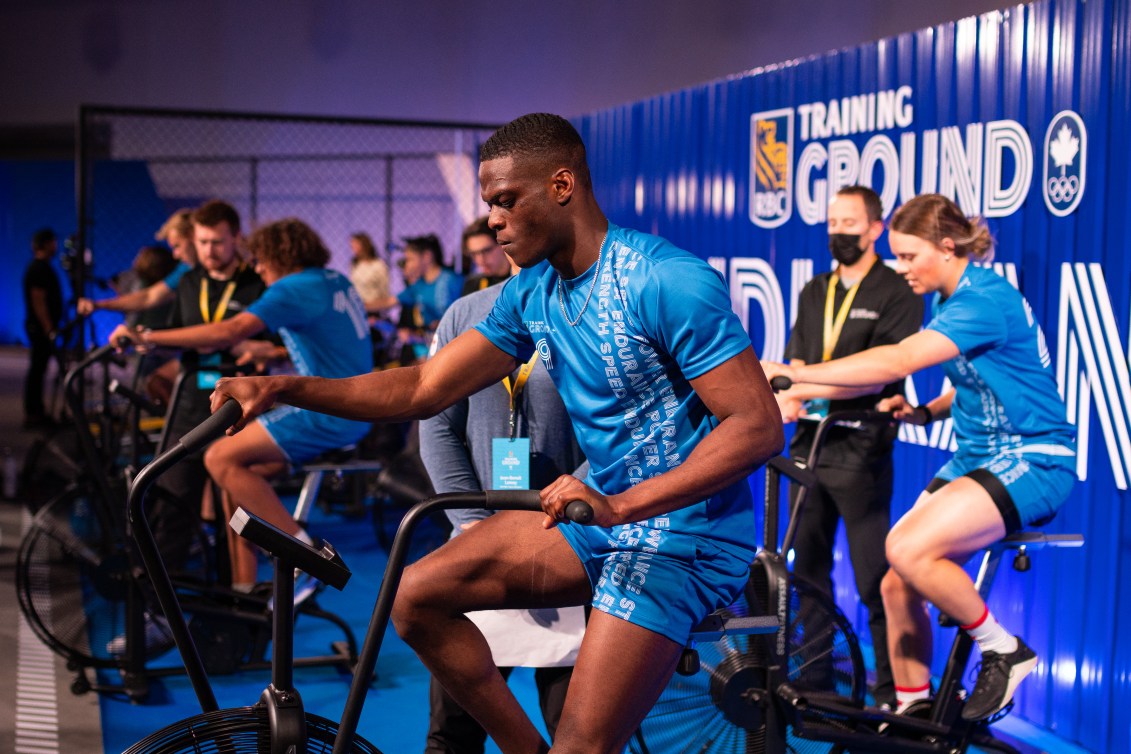
What is RBC Training Ground?
RBC Training Ground is a free program designed to identify and support talented amateur Canadian athletes. At RBC Training Ground events, athletes undergo testing in areas related to strength, speed, power, and endurance under the watchful eye of professionals from the Canadian Olympic and Paralympic Sport Institute Network, as well as National Sport Organizations (NSOs).
Athletes who are identified as having strong Olympic potential receive support from RBC in the form of funding, as well as mentorship opportunities.
Who can participate?
RBC Training Ground was designed with the fundamental belief that high performance sport should be accessible to all athletes. The program is free and anyone can sign up to compete at a qualifying event.
RBC Training Ground targets those within a 14-25 age range, capturing those with early and late-stage Olympic potential.
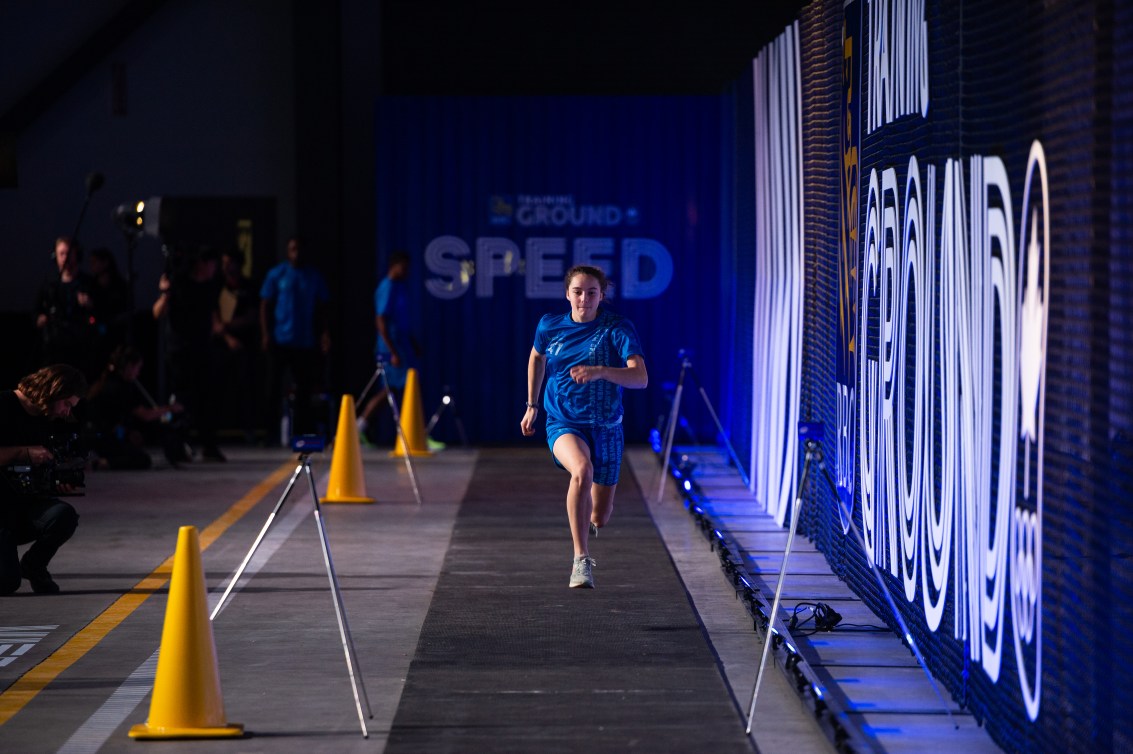
What kind of tests do they run?
Athletes are tested based on four categories of athleticism: speed, power, endurance, and strength. Not only do these tests evaluate overall athleticism, they help pinpoint a specific sport for which the athlete may be well-suited.
Among the tests are:
- 40-metre sprint (speed)
- Isometric mid-thigh pull (strength)
- Vertical jump (power)
- 20-metre multi-stage shuttle run, AKA the beep test (endurance)
Athletes participating via the virtual testing format – which anyone with an internet connection can access – are assessed using tests that require strength, speed and power. The evaluation consists of three tests:
- Running sprint (20m)
- Vertical jump
- Multi-stage fitness (AKA beep test, shuttle run, or Léger-Boucher)
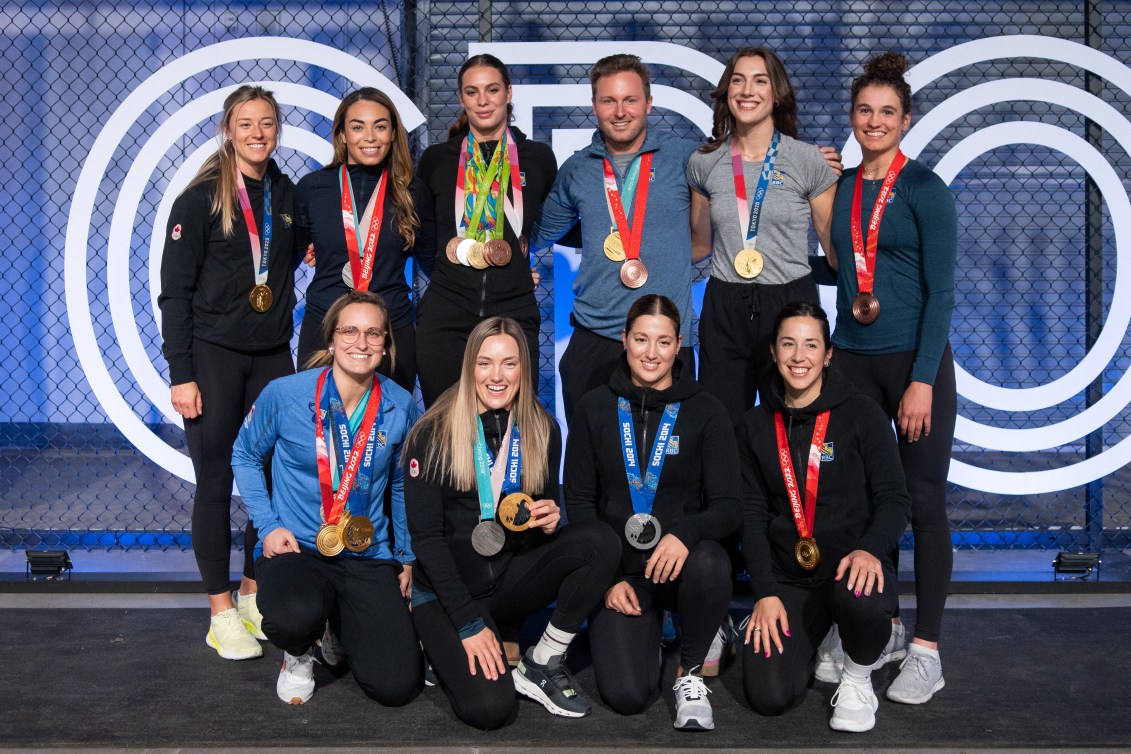
What is the National Final event?
Based on the results and data gathered at all of the RBC Training Ground qualifying (and virtual) testing events, as well as subsequent sport-specific testing, the top 100 athletes nominated by NSO partners are invited to the National Final.
The National Final is the final stage of testing before the selection of RBC’s “Future Olympians”– the top 30 athletes who will receive continued support through the program.
This year the National Final will take place on December 2nd in Toronto. The RBC Future Olympians will be announced in early 2024.
Which NSOs participate?
RBC Training Ground partners with:
- Volleyball Canada
- Wrestling Canada
- Triathlon Canada
- Speed Skating Canada
- Rugby Canada
- Rowing Canada
- Luge Canada
- Freestyle Canada
- Cycling Canada
- Climbing Canada
- Canoe Kayak Canada
- Boxing Canada
How does funding work?
Athletes who are selected as an RBC “Future Olympian” will receive funding assistance to be used for travel, competition, training camp expenses, coaching, nutrition, or other sport-related costs. The funds are administered by the Canadian Olympic Committee directly to the athlete’s NSO.
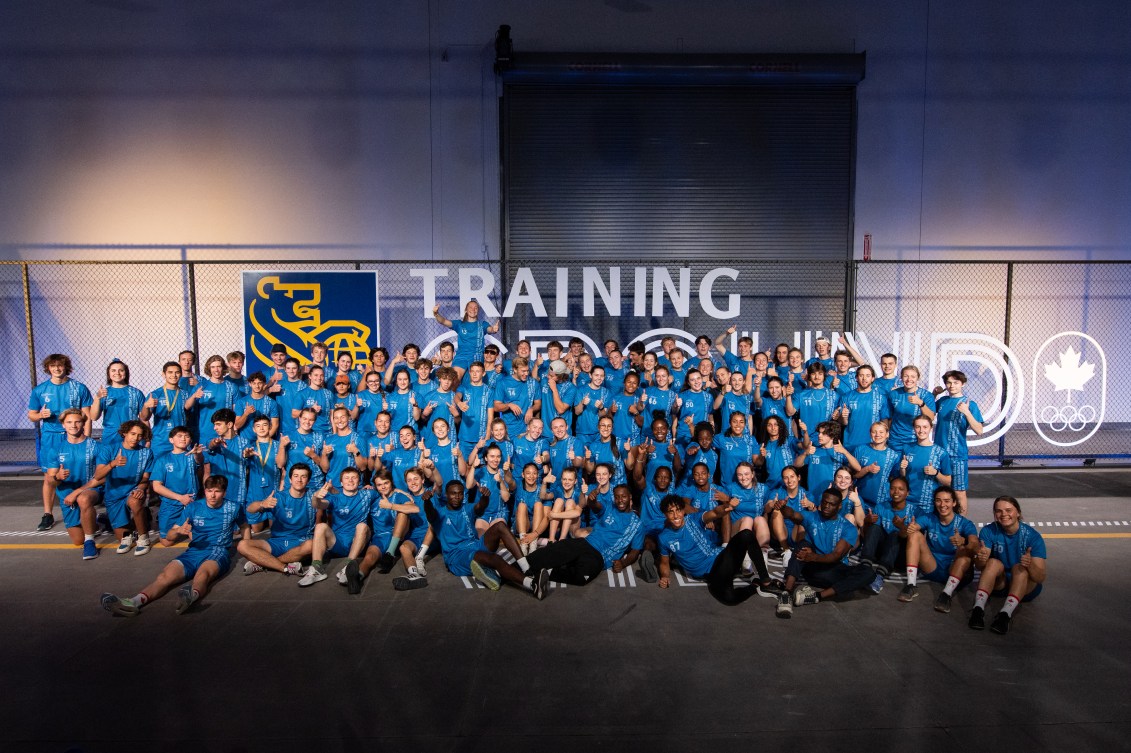
How do I sign up?
Registration and the most up-to-date event information for all local RBC Training Ground events is available at RBCTrainingGround.ca.
Check out the top 100 here!

